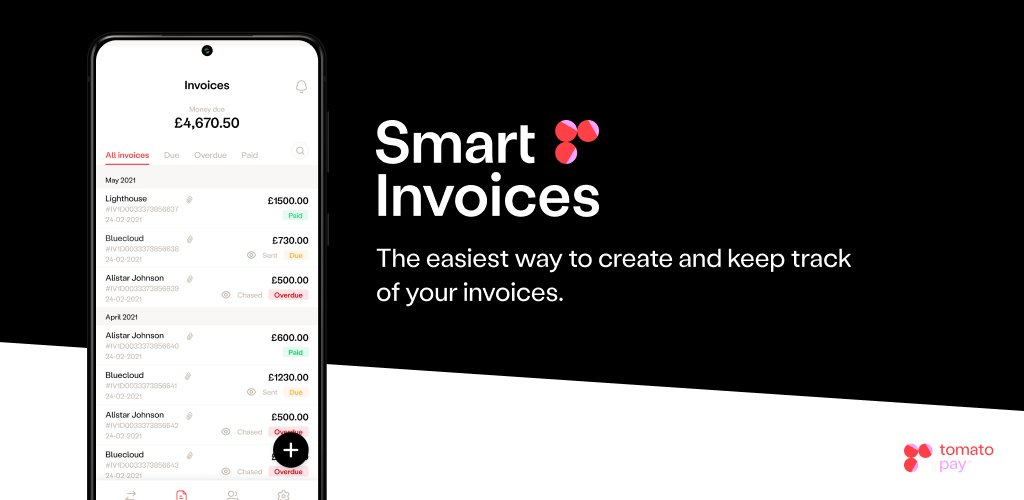Australia, the fourth happiest country in the world, is a renowned destination for many reasons - the rugged island of Tasmania which boasts the cleanest air in the world, the breathtaking Great Barrier Reef, and of course, the charismatic people who reside there.
For all of these reasons and more, it’s no wonder that Australia is a hotspot for aspiring small business owners to set up shop and serve a very diverse crowd of people with a wide set of needs.
The fast pace at which dynamic cities such as Canberra, Melbourne and Sydney are currently moving at, helps explain why there are over two million small businesses in Australia.
Of course, easy and - more importantly - timely access to funding will always benefit growing small businesses.
In Australia, finding the right financial products remains a challenge. There is currently an $80 billion SME funding gap in Australia, making up part of the £3.98 trillion global SME funding gap, that exists today.
At tomato pay (formerly known as Fractal), our mission is to support small businesses to make better informed financial decisions, and to empower the banks to give their small business clients a better banking experience, and help close the SME funding gap.
It was with great pleasure, that we accepted the Department of International Trade's (DIT) invite to attend the acclaimed SIBOS event in Sydney.
Throughout our visit we wanted to learn more about the Australian small business banking market, and to find out how fintechs, such as ourselves, can work within the Australian financial ecosystem.
tomato pay Chief Operating Officer, Peter Edenholm - pictured above speaking on a panel at SIBOS this year -said: “It’s very interesting to be exploring the Australian market as we are looking to expand our business in 2019. Our participation in the DIT Trade Mission has opened up a number of opportunities that we are actively pursuing.”
Here are some of the key takeaways from our time there.
Open Banking
Open Banking was a hot topic at SIBOS as it will create huge potential by opening up the SME financial management market.
Since the federal government accepted the recommendations made by a ‘Review’ into Open Banking, Australia are hoping to mimic the actions of the UK and successfully require banks to make their small business data available on credit and debit card, deposit and transaction accounts by July 1st 2019.
With permission, Open Banking will allow small businesses to direct their data to be sent to other banks, financial institutions and authorised organisations, making financial management a lot easier.
The Australian fintech scene is flourishing
It’s an exhilarating time to work in the Australian fintech industry - we met many global financial firms and banks excited to partner and work with innovative fintechs, such as ourselves. It’s encouraging to see so many established firms ready to embrace technological change in Australia.
The future of small business banking
The Commonwealth Bank of Australia (CBA), the National Australia Bank (NAB), the Australia and New Zealand Banking Group (ANZ), and Westpac currently hold around 95 percent market share of the entire Australian finance industry.
At SIBOS, there were many who agreed that the financial market is ready for newcomers to give small businesses more banking options, similar to what we are seeing in the UK with business banks, Tide and Revolut. There was a lot of excitement around the future of small business banking from the Australian regulators, fintechs, and the banks themselves.
Overall, the message this year at SIBOS was clear, everyone wants to start working towards improving the small business banking experience.
Update: 1st February 2019
Open Banking legislation has been delayed in Australia. Comments below from the Innovation AUS publication.
Shadow digital economy spokesman Ed Husic said it was disappointing the legislation had not been introduced to Parliament in the end. “They couldn’t get their act together in a legislative sense. This was a bill they told us was really important, but it got tangled up in their inability to get their legislative priorities right,” Mr Husic told InnovationAus.com.
It was surprising given they had made a big deal that they had wanted to bring the legislation in this year,” he said.
The Consumer Data Right bill, which facilitates the launch of Open Banking, is still yet to be introduced to Parliament, and with few sitting days left before a probable May election, it appears unlikely that it will be passed before a potential change in government.



.png)


